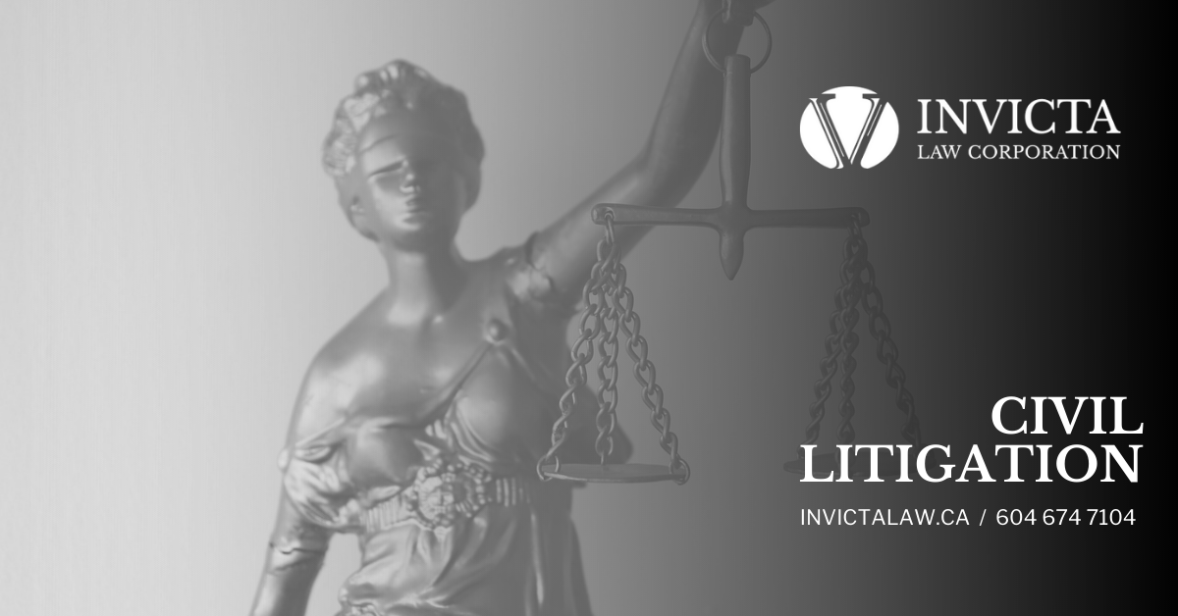Discovery is an essential part of any lawsuit. Through the discovery process, you learn the strengths and weaknesses of the case and gather evidence to rely on at trial.
Stage 1 of a Civil Lawsuit: Pleadings
Documents called pleadings set out the nature of your claim or defence and what you say happened—think of them as the “roadmap” of your case. In a BC Supreme Court lawsuit, the plaintiff starts the action with a Notice of Civil Claim. The defendant replies with a Response to Civil Claim.
Stage 2 of a Civil Lawsuit: Discovery Process
Once pleadings are done, the discovery process begins. The “roadmap” set out in the pleadings guides the discovery process. Each party must share the documents and information they intend to use to get from point A to point B, to point C, etc. The BC Supreme Court Rules contain detailed procedures and timelines that parties must follow.
Main types of discovery
The discovery process for a civil lawsuit in BC includes:
- Discovery and inspection of documents: Each side must prepare and exchange a list of documents setting out all documents they intend to refer at trial, and all documents that are or have been in their possession or control and that could be used by any party of record at trial to prove or disprove a “material fact.” You are required to keep your list updated throughout the litigation process, and the other party may challenge you if your list is incomplete.
- Examinations for discovery: This process allows for an oral examination under oath. Each party is permitted to question the other party to gather evidence and obtain admissions. There are specific notice requirements, limits on the length of time allowed for the examination, and special rules for who can be examined on behalf of a corporation or society.
The usual process is to request copies of documents in the list of documents and review them to prepare for the examination for discovery. The evidence produced by these two primary forms of discovery will narrow the issues in dispute, put you in a position to evaluate the potential for settlement, and prepare your case for trial if settlement is not possible.
Other types of discovery
Depending on the nature of your case and the issues in dispute, the discovery process may also include:
- Notices to Admit: a request that the other party admit the truth of certain facts in writing;
- Interrogatories: a list of questions seeking information and evidence that the other party must respond to in writing; and/or
- Pre-trial examination of a witness: questioning under oath of a person who is not a party to the action.
When used properly, these forms of discovery can narrow the issues in dispute, eliminate unknowns, and reduce the length and expense of trial.
Importance of legal advice
What is a “material fact”? What documents are you required to turn over to the other side? What questions are off-limits at the examination for discovery? Knowing the documents and information you are legally required to disclose to the other side—and conversely, what the other side must disclose to you—can make or break your case. Contact us for legal advice from an experienced BC litigator. We can guide you through the discovery process and pursue disclosure from the opposing party on your behalf.





